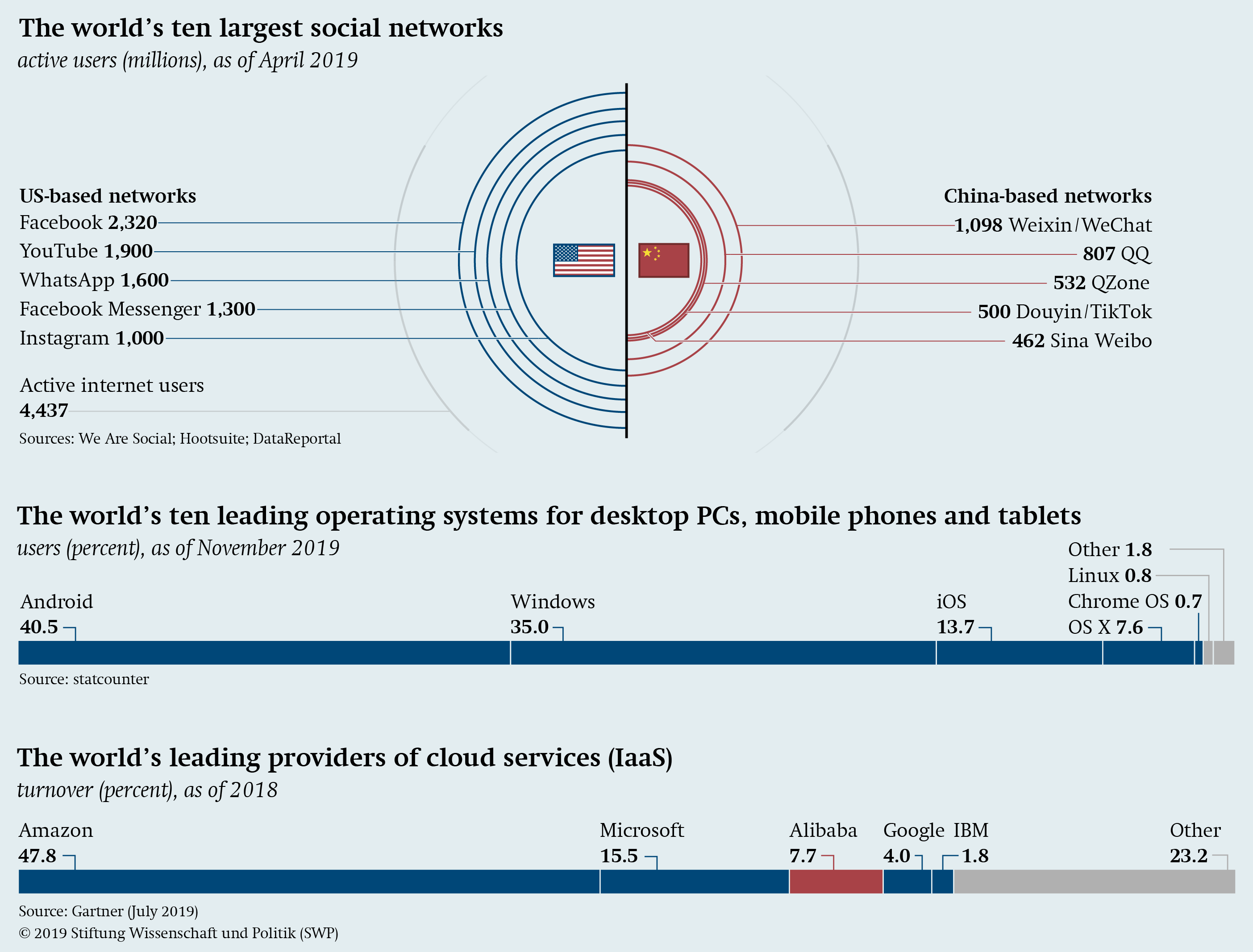

His theory has been in and out of favour – because it was taken up by some nazis (Germany must conquer the Heartland to gain world dominance) geopolitics became tainted for a time. The “Rimlands” were an later addendum to his 1904 theory: these were the territories subject to influence by sea power that is the edges of the Heartland. And, after the Second World War, he believed that the Islands (USA+UK+allies) could control the Rimlands and therefore lock out the Heartland (USSR).
ENCYCLOPEDIA OF WORLD SEA POWER SPY SPHIPS PLUS
But the triad was not intended to be true for all time – he would not agree thirty years later that the USSR’s rule over East Europe plus the World Island meant rule over the world Mackinder adapted his theory to the realities as he saw them. His fear then was Germany+East Europe=world dominance. In 1905, however, he saw the situation changing with the construction of railways which could connect the Heartland. This gave the Islands a great dominance over the Heartland. That is to say, the time when Europe discovered sea power. (Parenthetically, he does not seem to have much concerned himself with Africa or South America.) For most of history, Europe was an isolated and not very important appendage of this great world mass, subject to continual raids from the nomads of the Heartland, and the outer islands played no part in world events.Īll this changed about five centuries ago when what he called the “Columbian Age” began. Looking at the whole planet, he spoke of the “heartland” – the great landmass of Eurasia – and the Islands – the large islands of the Americas and Australia and the small islands of the United Kingdom and Japan. This is sometimes regarded as the founding moment of the study of geopolitics. In the paper he advanced a hypothesis on the influence of geographic reality on world power relationships.


In 1904, the British geographer, Halford Mackinder, read a paper named “The Geographical Pivot of History” at the Royal Geographical Society. The Heartland plus population plus production plus sea power: that’s the end of the “Columbian Age”.


 0 kommentar(er)
0 kommentar(er)
